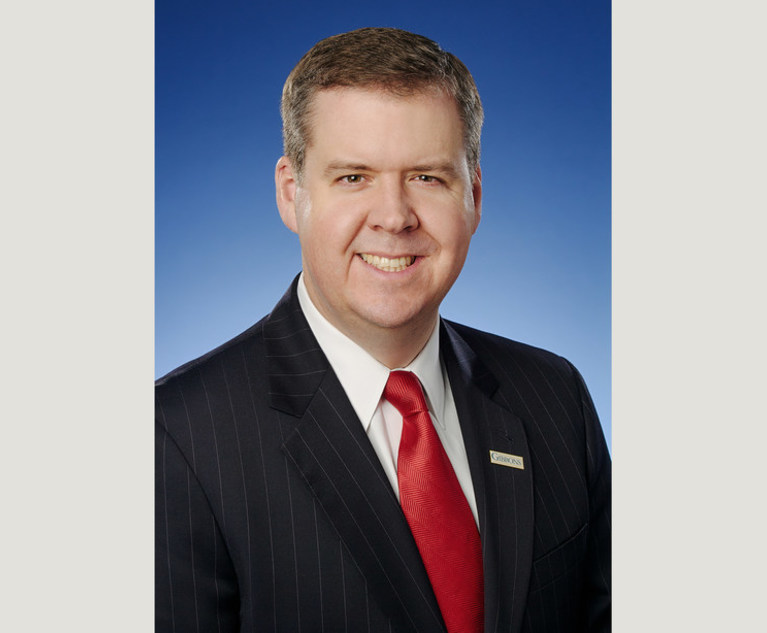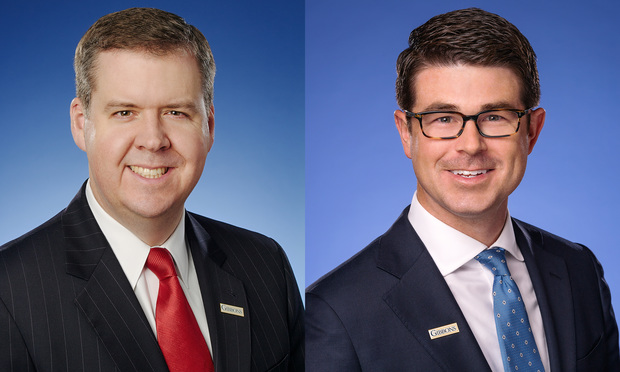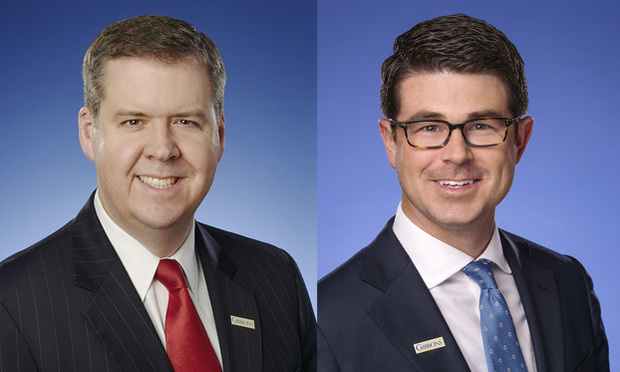Stephen J Finley

February 05, 2024 | The Legal Intelligencer
Liability Is Just One Click Away!In Oberdorf v. Amazon.com, the plaintiff filed suit against Amazon alleging the product she purchased from a third-party vendor was defective. Although the U.S. District Court for the Middle District of Pennsylvania held Amazon was not a "product seller" within the meaning of Section 402A, the U.S. Court of Appeals for the Third Circuit disagreed, finding that Amazon qualified as a product seller, thus expanding the scope of strict products liability to include online sales platforms.
By Stephen J. Finley, Jr. and Cecilia Y. Carreras
7 minute read

January 17, 2023 | The Legal Intelligencer
The Metaverse of Products Liability: Are Tech Companies 'Products'?These novel claims test the limits of products liability law and run afoul of basic products liability principles, as tech companies are not product sellers and the electronic communication platforms they offer are not products within the meaning of products liability law.
By Stephen J. Finley
6 minute read

May 27, 2021 | The Legal Intelligencer
The Case for Application of Comment k to Manufacturing Defect ClaimsComment k to Section 402A of the Restatement (Second) of Torts precludes all strict liability claims arising from injuries caused by certain categories of products, including prescription pharmaceuticals and medical devices.
By Stephen J. Finley Jr. and Jonathan T. Woy
8 minute read

January 25, 2019 | The Legal Intelligencer
'Tincher' at 5 Years Old: A Vision Partially RealizedFive years ago, the Pennsylvania Supreme Court undertook to modernize Pennsylvania products liability law in its seminal decision of Tincher v. Omega Flex, 104 A.3d 328 (Pa. 2014).
By Stephen J. Finley and Jonathan T. Woy
8 minute read

December 06, 2018 | New Jersey Law Journal
Third Circuit Now 'Encompasses' Pre-Service RemovalPre-service removal, sometimes also referred to as “snap removal,” is a proper and legitimate method to secure a federal forum.
By Stephen J. Finley and Randy A. Gray
8 minute read

January 29, 2018 | The Legal Intelligencer
Despite Developments in Pa. Products Liability Law, Still No Duty to RecallThe last several years have brought significant developments to Pennsylvania products liability law, ranging from the Pennsylvania Supreme Court's decisions in Tincher v. Omega Flex and Lance v. Wyeth to rulings on the scope of evidence in the trial of a products liability case, to the application of the Pennsylvania Fair Share Act to a strict product liability claim.
By Stephen J. Finley
7 minute read

January 31, 2017 | The Legal Intelligencer
The Gist of the Action Doctrine for Products Liability CasesPennsylvania recognizes the gist of the action doctrine in the realm of contract law. This claims-limiting rule ensures that a breach of contract case is focused on the terms of an agreement and the parties' performance of their contractual obligations. Claims based in tort, such as misrepresentation or fraud, are routinely dismissed and the cause of action limited to one for breach of contract.
By Stephen J. Finley Jr.
18 minute read

January 26, 2016 | The Legal Intelligencer
After 'Tincher,' Tried and True Products Liability Defenses Remain Just ThatSince the Pennsylvania Supreme Court's 2014 decision in Tincher v. Omega Flex, courts and practitioners alike have struggled to discern the legal standard for determining whether a product is defective under Pennsylvania product liability law.
By Stephen J. Finley Jr.
7 minute read

May 19, 2014 | The Legal Intelligencer
Work-Product Privilege Outweighs Broad Expert DiscoveryIn Barrick v. Holy Spirit Hospital, 2014 Pa. LEXIS 1111 (Apr. 29, 2014), a divided Pennsylvania Supreme Court left in place a decision of the Pennsylvania Superior Court creating "a bright-line rule denying discovery of communications between attorneys and expert witnesses."
By Madeline M. Sherry and Stephen J. Finley Jr.
7 minute read

March 31, 2014 | The Legal Intelligencer
Waiver of Attorney-Client Privilege Is a One-Way StreetThe attorney-client privilege continues to be a frequently litigated issue in Pennsylvania. In 2011, the Pennsylvania Supreme Court decided Gillard v. AIG Insurance, 15 A.3d 44 (Pa. 2011), which affirmed that the attorney-client privilege is a "two-way street" and confirmed that all communications between an attorney and the client are privileged.
By Madeline M. Sherry and Stephen J. Finley Jr.
7 minute read
Trending Stories
- 1'It's Not Going to Be Pretty': PayPal, Capital One Face Novel Class Actions Over 'Poaching' Commissions Owed Influencers
- 211th Circuit Rejects Trump's Emergency Request as DOJ Prepares to Release Special Counsel's Final Report
- 3Supreme Court Takes Up Challenge to ACA Task Force
- 4'Tragedy of Unspeakable Proportions:' Could Edison, DWP, Face Lawsuits Over LA Wildfires?
- 5Meta Pulls Plug on DEI Programs
More from ALM
- Scan In Progress: Litigators Leverage AI to Screen Prospective Jurors 1 minute read
- Legal Speak at General Counsel Conference East 2024: Match Group's Katie Dugan & Herrick's Carol Goodman 1 minute read
- Legal Speak at General Counsel Conference East 2024: Eric Wall, Executive VP, Syllo 1 minute read



